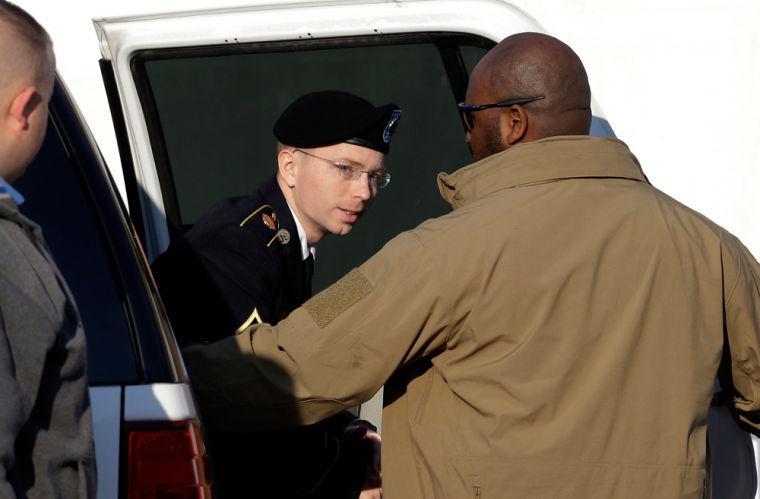There’s often a fine line between patriotism and treason.
Colonial soldiers in the American Revolution were treasonous toward their British rulers, but they also held an attachment to the colonies. Depending on who you asked, they were either filthy traitors or honorable patriots.
Bradley Manning finds himself in a similar situation.
The 25-year-old intelligence analyst has admitted to leaking classified U.S. diplomatic cables and military documents to the whistleblowing website WikiLeaks.
After spending more than 1,000 days in military custody, Manning pleaded guilty to 10 lesser charges of the 22 brought against him last week.
The United States unquestionably views Manning as a traitor, charging him with violating the Espionage Act by “aiding the enemy,” a charge that carries the possibility of life in military custody.
Manning, however, paints himself in a much more patriotic light.
Manning told the military court that he “wanted the American public to know that not everyone in Iraq and Afghanistan are targets that needed to be neutralized.”
“I believed that if the general public, particularly the American public, had access to the information…this could spark a domestic debate on the role of the military and our foreign policy in general,” Manning said.
Manning has a point.
The video he leaked, which WikiLeaks unfortunately dubbed “Collateral Murder,” revealed the accidental killing of journalists working in Iraq. The Iraq and Afghanistan documents shed light on civilian casualties, abuses committed by Iraqi soldiers and the hiring of male child prostitutes by a defense contractor.
Even the diplomatic cables Manning leaked were valuable to the public, demonstrating how Yemeni officials covered up for the U.S. missile strikes in the region or how the United States and Britain eavesdropped on then-United Nations Secretary General Kofi Annan before the Iraq invasion.
However, the government doesn’t care for Manning’s argument.
The government, especially under the Obama administration, has been aggressive against whistleblowers and leakers. Under Obama, the Espionage Act has been used six times against those accused of leaking classified material – twice the number of times it was used by previous presidents.
They argue that Manning knew he would be “aiding the enemy” by releasing the information on a public website. Prosecutors may even call a Navy SEAL, possibly one who was involved in the raid against Osama bin Laden, to testify that the terrorist leader had sought access to the leaked material.
If that isn’t grasping at a definition of “aiding,” then I don’t know what is.
Should any journalist who discovers that the United States killed civilians in a missile strike be charged with “aiding the enemy” because his piece was being used by terrorists for recruiting?
I don’t think so.
In fact, Manning initially went to The New York Times and The Washington Post before submitting the documents to WikiLeaks, according to the Times’ Charlie Savage. I don’t think someone antagonistic toward the United States would go to such sources first.
Manning’s struggle does demonstrate, however, the differences between the older, entrenched generation leading the country today and the younger one that is so affected by technological innovation.
No one is arguing that all information should be publicly available or that there is no use for classifying certain data. However, there is an argument that the government should be more transparent and that there is plenty of classified information the public should know about.
And there’s nothing traitorous about that.
David Scheuermann is a 21-year-old journalism and computer science junior from Kenner.





